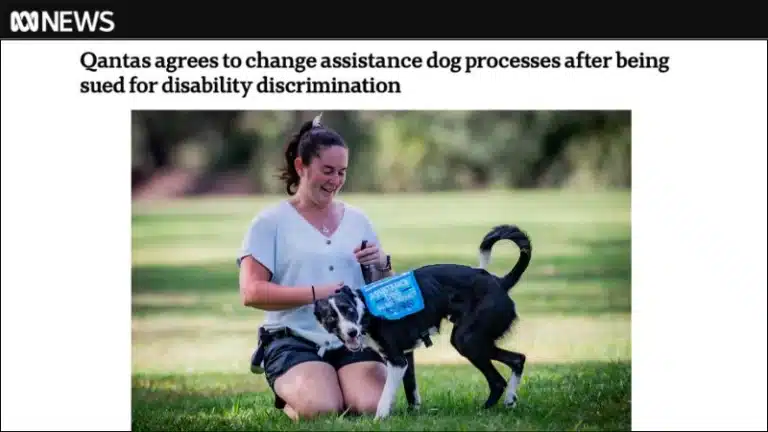PIAC responded to the discussion paper on the Future Fuels Strategy from the Commonwealth Department of Industry, Science, Energy and Resources.
Accelerating the penetration of Electric Vehicles (EV) is an essential part of any timely and efficient plan to decarbonise the economy. Policies to encourage the take-up of EVs will help deliver choice to consumers by removing structural barriers that currently hide the true total cost of petrol or diesel vehicles. PIAC questions the modelling of vehicle emissions in the discussion paper and disagrees with its findings that “driving a hybrid in many Australian states has a lower emissions intensity profile than driving a battery electric vehicle”.
PIAC agrees the well-managed integration of EVs with the electricity system can have substantial benefits for energy consumers, including emissions reduction, providing an important and flexible tool to ensure the system remains stable and secure, reducing wholesale energy prices, and reducing network costs by deferring or avoiding the need for network augmentation or upgrades. Accelerating the uptake of EVs may bring forward many of these benefits for the electricity system and energy prices as well as reducing emissions.
Moving to more cost-reflective network tariffs will be an important tool to manage the impact and maximise the opportunities from the widespread uptake of EVs. PIAC supports the development of EV-specific network tariffs to better reflect the unique characteristics and opportunities of EV charging and discharging. EV-specific network tariffs could allow more of the upstream benefits of the efficient use of EV charging and discharging to be captured and reflected in the signal and incentives seen by the customer.


